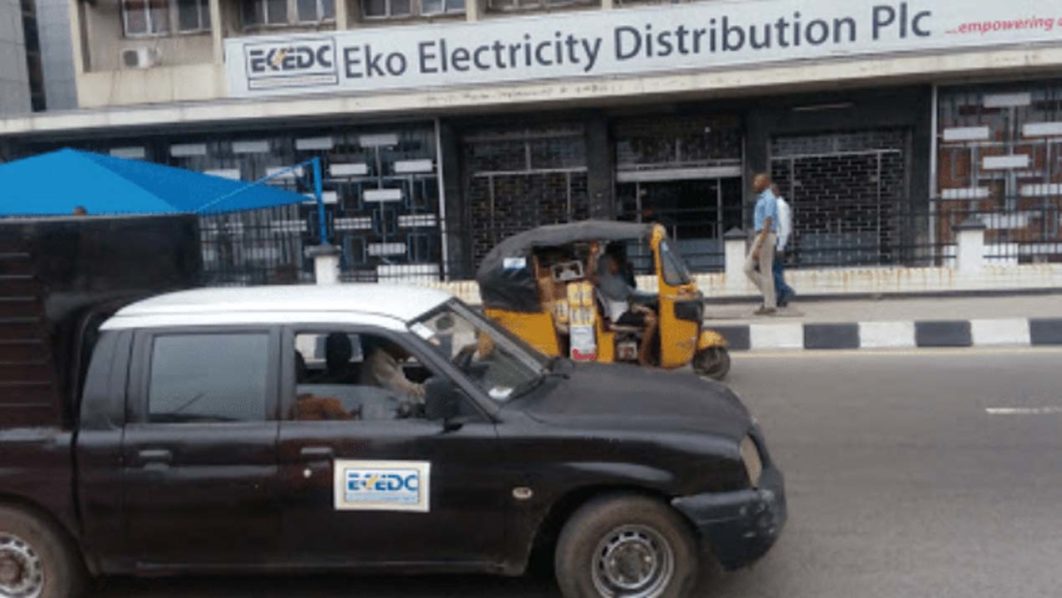Though the idea had been with the federal government and the Nigerian National Petroleum Corporation (NNPC) for too long, stronger indications have emerged that the conversion and supplying of flared gases in the oil producing Niger Delta to Liquefied Petroleum Gas (LPG), popularly known as cooking gas, will begin soon,.
This stemmed from mileages already covered by the government in laying out a framework through which it would issue licences to private investors who will carry on the industrial activities of conversion and supplies to over six million households in Nigeria.
Explaining more at the just ended 2018 Oloibiri Lecture Series and Energy Forum, the Group Managing Director of NNPC, Maikanti Baru, and the Senior Technical Adviser to the Minister of State for Petroleum Resources on Refineries and Downstream Infrastructure, Rabiu Suleiman, noted in their separate presentation that the idea was to permanently curb the embarrassing scenario of gas flaring in Nigeria’s oil communities for years.
According to Suleiman, “The Federal Government had in December 2016, inaugurated the Gas Flare Commercialisation Programme, which was a high priority strategy for achieving the national mandate for gas flare-out by 2020.
“The programme, laid out a framework for the government to licence gas that would otherwise have been flared to technically credible and financially-sound third party private sector players.
Giving additional insights on the expected deliverables of the commercialisation programme, the Minister’s aide averred that “The potential impact on Nigeria’s environment from flared gas utilisation was to give six million households access to clean energy through the usage of the LPG”.
“This, will see to the elimination of 20 million tonnes of Carbon IV Oxide emissions as well over 600,000 metric tonnes of LPG per year will be unlocked from the process.
“The potential impact in the power sector from flared gas utilisation would result in the generation of additional 2.5 gigawatts, as about $3bn capital investments would be injected to fund all the projects, with the capacity of creating 300,000 jobs.
Earlier in his submission, NNPC boss, Baru gave credence to Suleiman’s presentation, saying, “Government had taken serious measures aimed at taking out gas flaring in the last few years since the Corporation had started laying the foundation for a sustainable energy future.
Baru noted that “We know the effect the United States shale oil boom has on our exports to North America and even its attendant effect on the world supply and oil prices. We know the effect of collapsed oil prices on a monolithic economy as ours. We know that change is bound to come.
“Our strategy is quite simple and it includes the diversification from oil using our enormous gas resources for in-country industrialisation via gas-to-power, gas-to-urea, methanol, and fertilisers. This has the potential to accelerate growth of our economy and mitigate the impact of future oil price drop.”
Analysts say on delivery of the scheme, apart from the fact that the current high cost of cooking gas will crash, the oil community environment will be better for it after all.
The NNPC used the lecture to give highlights on the gains of the ongoing gas reforms in the areas of accelerated implementation of gas pipeline infrastructure development.
Baru noted that “In the last eight years, almost 500km of pipelines had been completed, inaugurated and now delivering gas.
“Some of the completed pipelines are the Oben-Geregu (196km), Escravos-Warri-Oben (110km), Emuren-Itoki (50km), Itoki-Olorunshogo (31km), Imo River-Alaoji (24km), Ukanafun- Calabar (128km). With these, all available power plants in the country today are connected to permanent gas supply pipelines.
“In addition, there is ongoing construction of the very strategic East-West OB3 pipeline (127km) scheduled for completion by Q3 2018, the expansion of the Escravos-Lagos Gas Pipeline System scheduled for completion by Q1 2018.
“Most recently, the Federal Executive Council approved the contract award of the 40-inch by 614km Ajaokuta-Kaduna- Kano pipeline and associated facilities. This pipeline is expected to supply natural gas to power plants and industries in the northern part of the country.”
According to him, “Once the pipeline was completed, the nationwide backbone gas infrastructure would be in place”.








